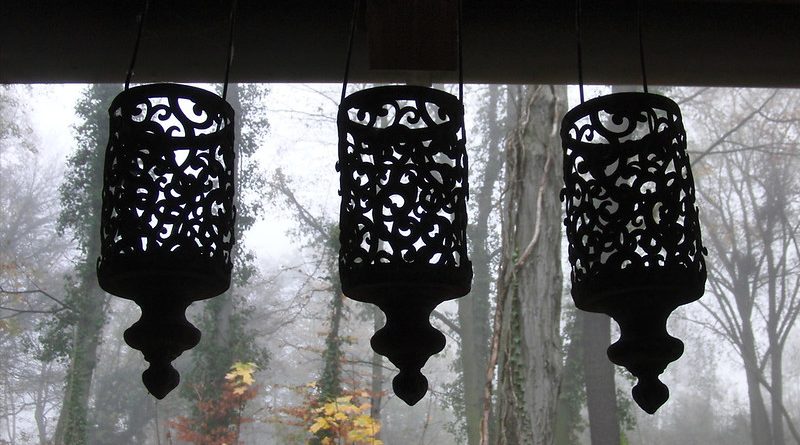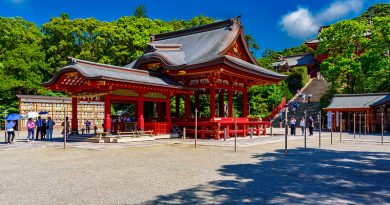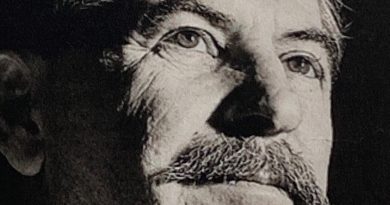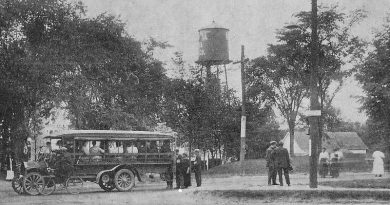Great Explorers: Asia
Asia very much represented the first frontier of European exploration due to both its geographical proximity and the fact that it was the only other similarly developed continent in the world. Iconic explorer Marco Polo and his famous travelogue inspired generations of merchants, explorers and statesmen to explore the lucrative opportunities in Asia, the natural resources of which such as spices proving to be immensely popular in Western European countries.
Marco Polo
Perhaps the most iconic and certainly the most influential of the great European explorers, Marco Polo played a highly significant role in encouraging the Age of Discovery. Perhaps most importantly, he played a major role in opening up trade between Europe and Asia. Hailing from a Venetian mercantile family, Marco Polo took after his father Nicole and uncle Maffeo, who had strong trading relations with the Middle East. As a result, the family was immensely wealthy. His father and uncle travelled through Central Asia and came into contact with Kublai Khan, the leader of Mongol-ruled China. They embarked on a second journey with Marco in tow, which lasted nearly 25 years. Marco endeared himself to Kublai Kahi and lived within his domain for nearly 20 years, carrying out a number of diplomatic missions on his behalf throughout China, India and Persia. Eventually, he returned home to Venice with his relatives through Iran, Constantinople and finally home. By the time of Polo’s return, Venice was ensnared in a war with Genoa. Marco Polo was quickly captured by the Genoese. His stories of exotic kingdoms entranced his fellow inmates, and a writer eventually started composing them into text. The resulting book – ‘The Travels of Marco Polo’, whilst embellished significantly, was a massive success and in the centuries to come inspired new generations of explorers, such as Christopher Columbus, many entranced by the exotic and lucrative Asian lands. This in turn was a major factor in the inadvertent discovery of the New World.
Vasco De Gama
A Portuguese explorer, De Gama has the distinction of being the first European to arrive in India through the sea. His discovery of this aquatic route from Europe to Asia was a considerable development in the onset of European imperialism and colonialism of the Asian continent. His successful voyage was the culmination of years of unsuccessful European attempts to access Asia by the sea. He significantly bolstered the Portuguese Empire’s economy due to the monopoly on access to Indian spice routes. His expeditions were eventful and sometimes fraught with conflict. He notably clashed with Muslim traders in the Arabian Peninsula. Despite this, he established a positive relationship with the Hindu population of Calicut, his first point of arrival He played a major role in diplomacy between Portugal and India, eventually returning later in life to curb festering Portuguese corruption in India. He died there of a short illness.
Ibn Battuta
One of the most under appreciated yet accomplished explorers of all time, Ibn Battuta was a Moroccan icon who travelled throughout the Islamic world and well into East Asia. Active during the 14th Century, Ibn Battuta spent the majority of his life encountering new lands and civilisations. His first pilgrimage, he travelled throughout Persia, Arabia and Somalia, stopping off at major pilgrimage points such as Mecca. His second tourney saw him go even further afield through Central Asia where he encountered the Golden Horde. He then travelled extensively throughout India and Southeast Asia before arriving in China, where he spent a great deal of time. His account of his life ‘The Travels’ is one of the most iconic travelogues of all time, an insightful text into the Medieval world.
William of Rubruck
Another explorer often drawn into comparison with Marco Polo, William of Rubrucck was a Flemish missionary during the 13th Century who travelled throughout the Middle East. During his adventures, he came into contact with the Khanate and travelled throughout the Mongol Empire. William of Rubruck is known for the detailed and insightful account he composed following the conclusion of his travels. Unlike the heavily embellished and much more popular account of Marco Polo, it is very grounded in realism and often poses a number of questions he himself was incapable of answering.
Afonso de Albuquerque
One of Portugal’s most iconic and successful explorers and statesmen. Afonso du Albuquerque led a number of military incursions in the Middle East and Asia. He laid the groundwork for Portugal’s lucrative Empire in the Middle East and Asia. He was known for his brilliant aptitude as a military commander and challenged dominant powers such as the Ottoman Empire as Portugal became a significant world power. His major accomplishments included the conquest of Goa in 1510 and the capture of Malacca in 1511. Like many figures in colonialism, he has divided opinion with modern observers both condemning and lionising his actions.
Niccolo de Conti
A successful Italian merchant best known for his travels to Southeast Asia and India. Fluent in Arabic due to years being based in Damascus, De Conti utilised this skill as well as his interest in Arab cultures to forge strong relationships with Muslim traders, allowing him widespread access throughout the Middle East. He was the first major Italian trader to establish links with Asia. He travelled throughout Persia, becoming fluent in Farsi before eventually arriving in India. De Conti’s account of his travels is considered to be amongst the finest of its kind, playing an important role in encouraging further European exploration as well as innovations in cartography.




